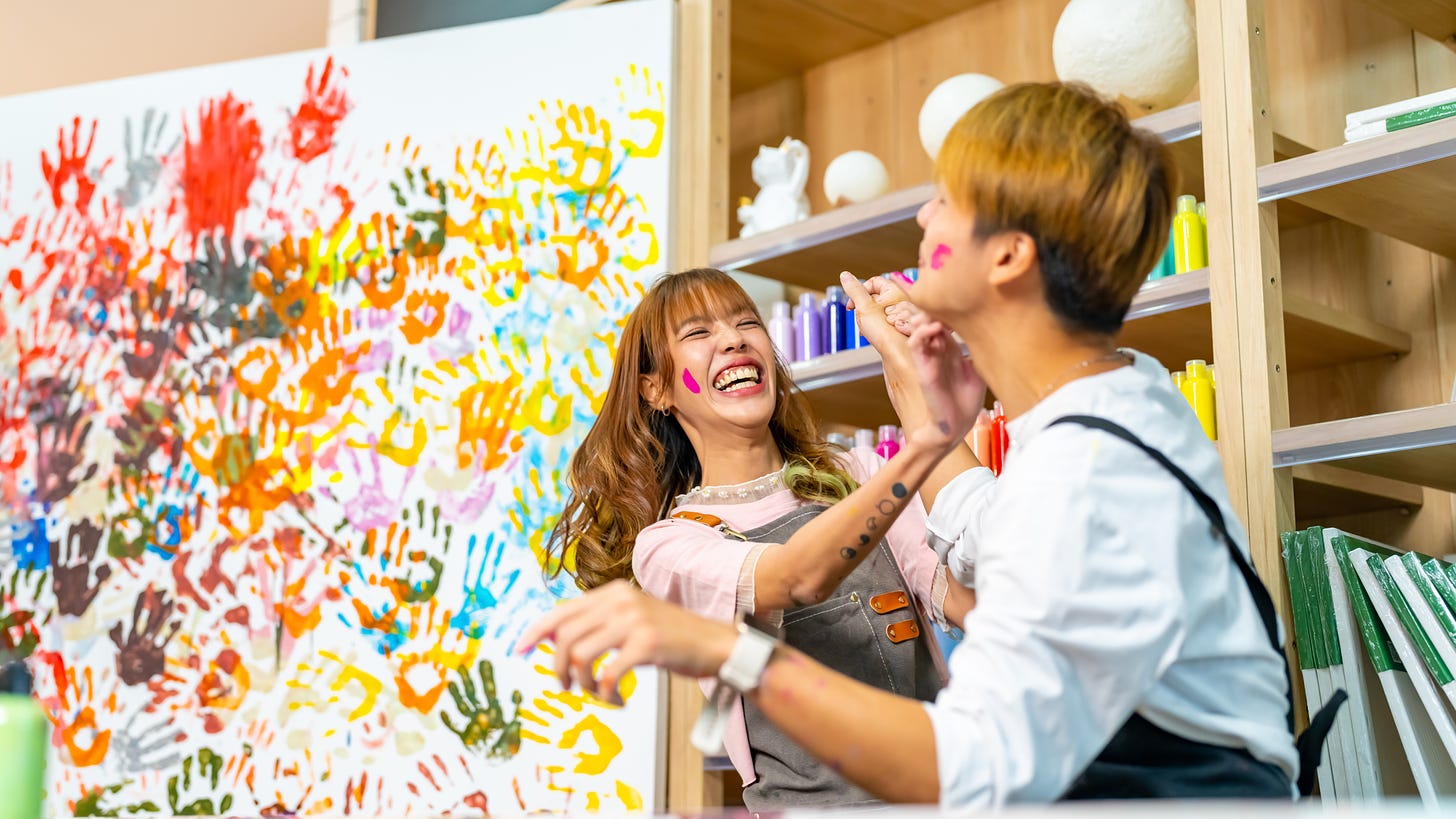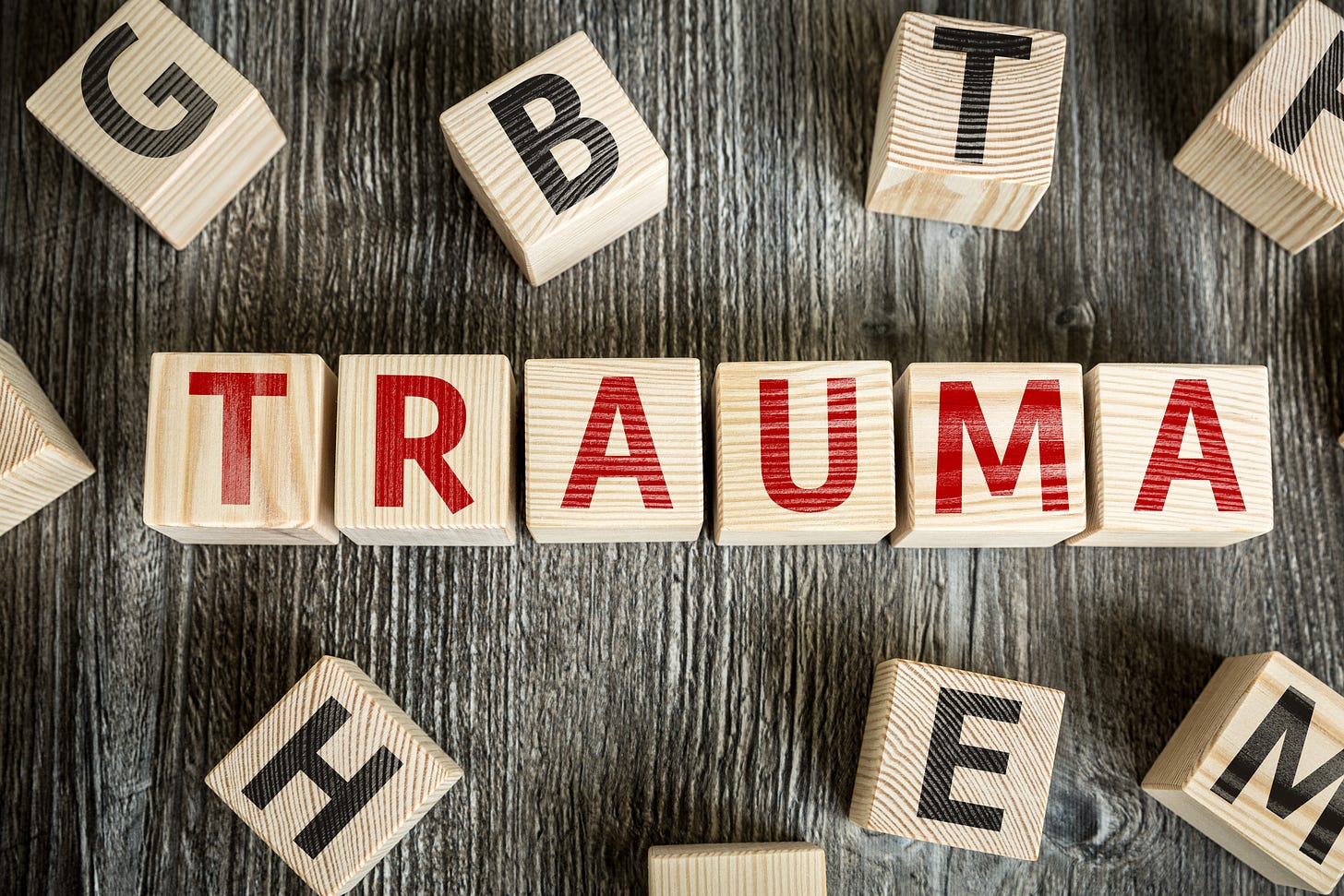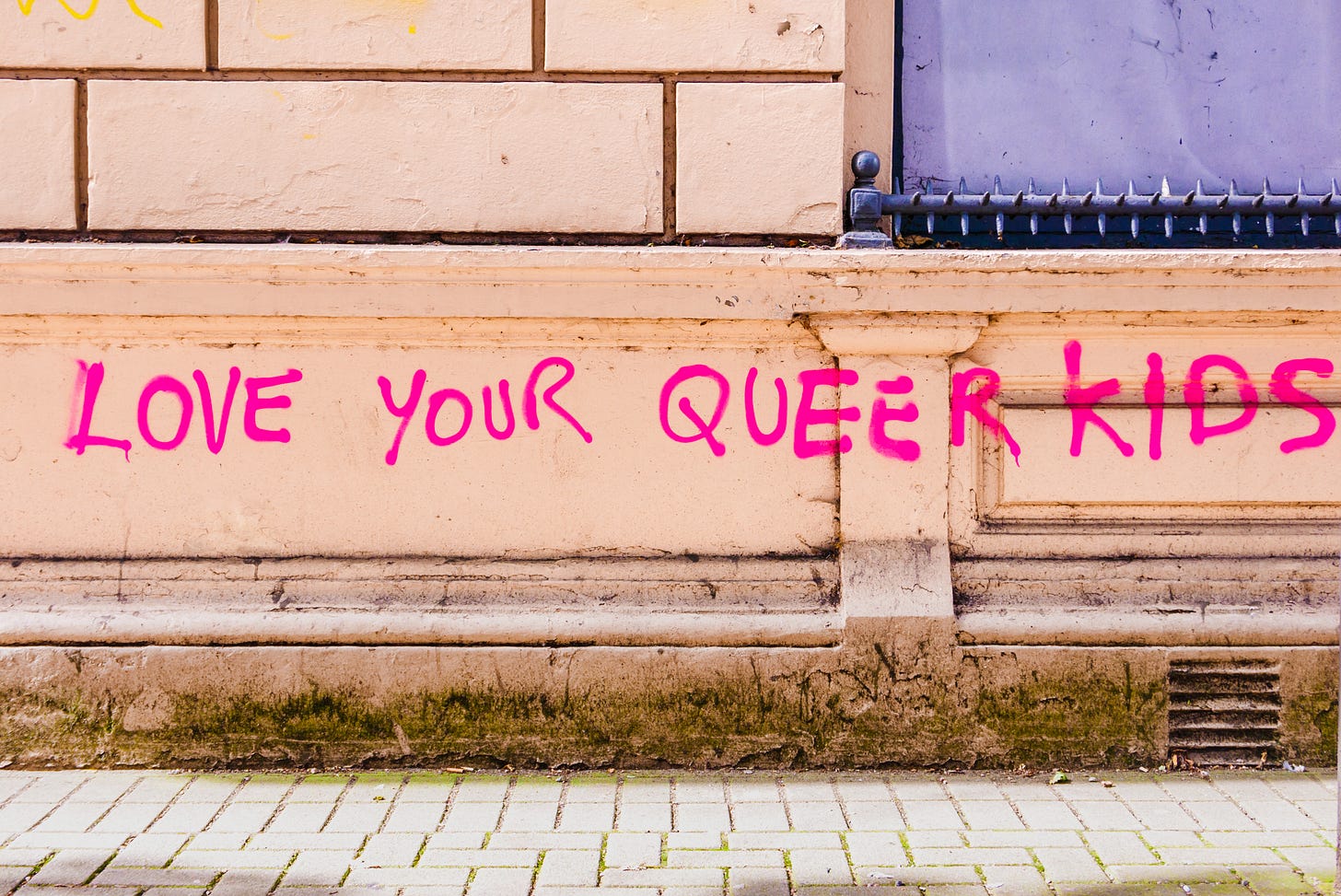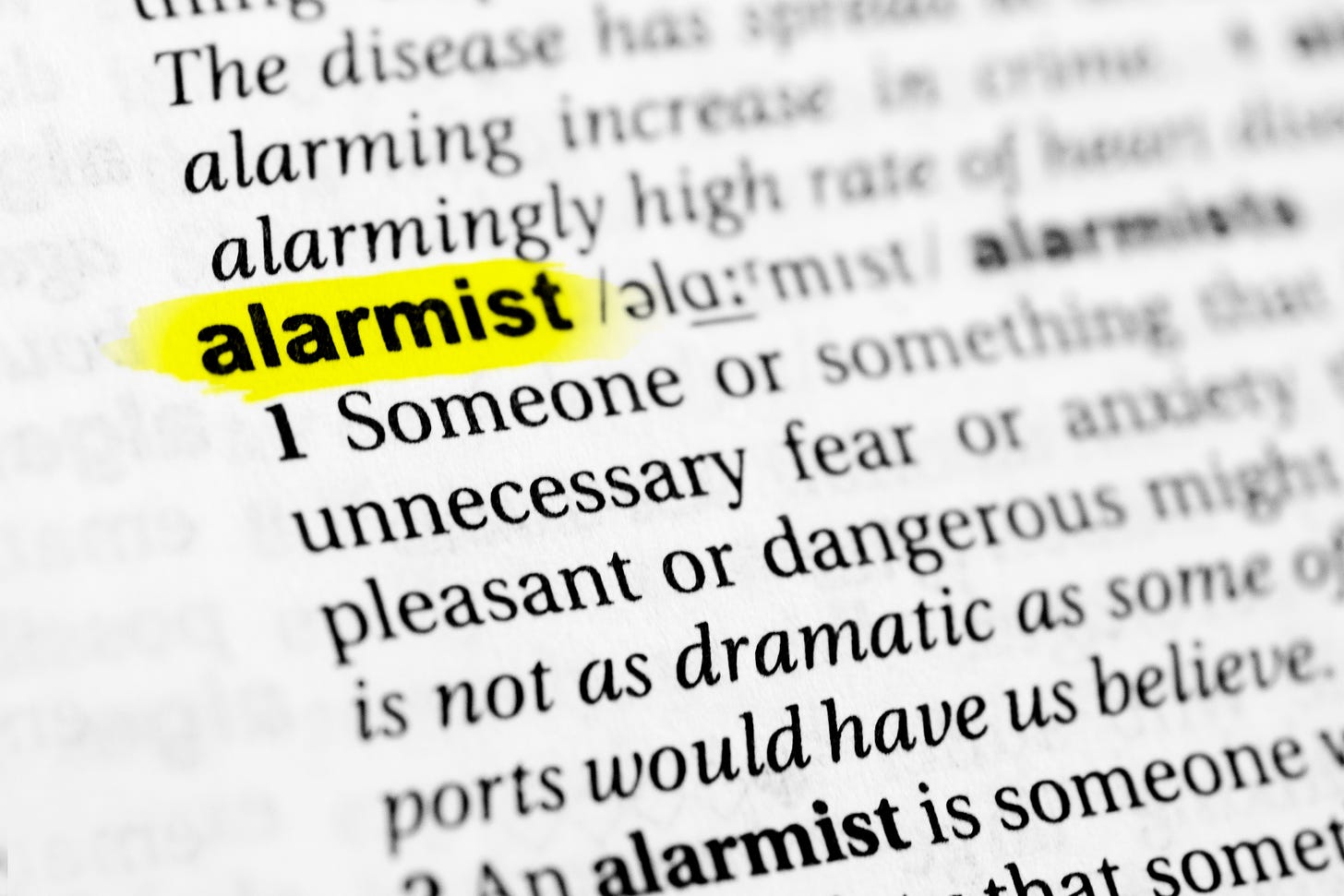Parents of nonbinary and trans kids are not okay right now.
*Content warning for discussion of trauma, violence, transphobia, and death.
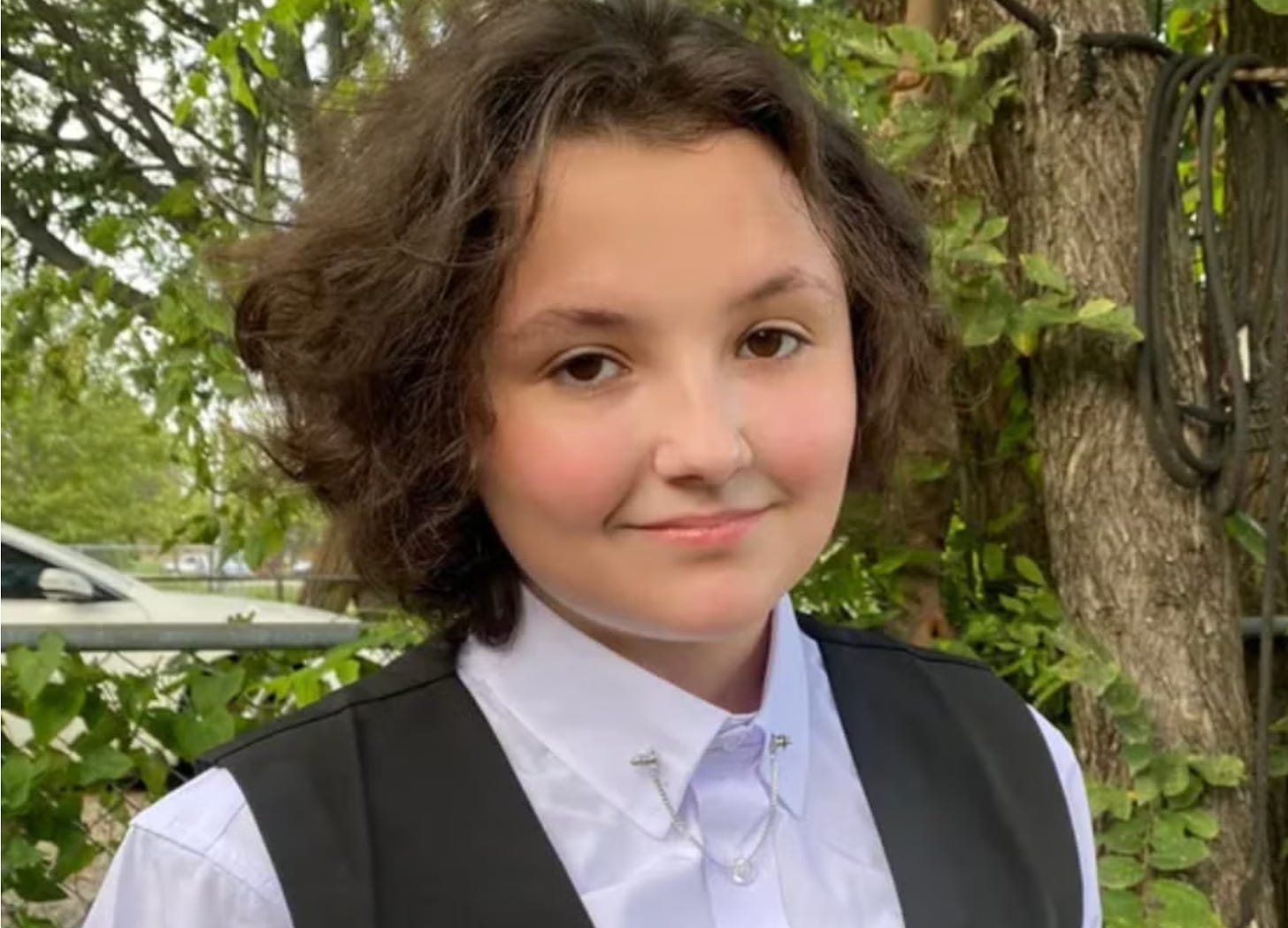
How ironic that I am writing this after a piece on how great my kid’s middle school experience has been.
Two nights ago, I was scrolling Instagram and found out that a sixteen-year-old nonbinary kid in Oklahoma was beaten to death. The inadvisability of late-night doomscrolling aside, this news sent me into a panic spiral I’m still trying to escape. I am not okay.
Nex looks a lot like my kid and other nonbinary kids we know. They look healthy, comfortable in their skin, young, and innocent. Nex was also indigenous. They were bullied for a year at the school before they were beaten to death by three older girls. Oklahoma had banned nonbinary and trans kids from using school bathrooms. Teachers had been fired for being supportive of queer kids. The school nurse apparently refused to call an ambulance for Nex, who had a severe head injury. They existed in a hostile environment that killed them both actively and through neglect. This same environment made murderers of three underage girls, just as the environment in the UK made murderers of two teenagers who were just convicted of murdering Brianna Grey, a trans teenager.
There are lots of great explainers on the internet about the legislative landscape in Oklahoma and all the fucked up shit leading up to this, so I’ll let you find them. @underthedesknews on Instagram is a great source. Oklahoma has been unrelentingly vicious towards the queer community, particularly gender-nonconforming kids.
As the parent of a nonbinary kid, this is absolutely fucking terrifying. It’s hard to describe how little capacity I have to manage my emotions around this. There’s rage, yes. But mostly just terror. My kid is a light. They are an amazing human who makes the world a better place by existing. They are a great artist, a supportive friend, the best small dog whisperer, and funny as hell. They deserve to grow up. The world needs them. The world needed Nex and Briana, too. These kids weren’t killed because something was wrong with them. They were killed because something is wrong with us. This wave of transphobia, transphobic laws, and transphobic rhetoric is harming all women and queer people.
Navigating my feelings around all of this has been close to impossible. I know, rationally, that I can’t engage in activism while I’m in a panic spiral, and I can’t be present and stable for my kid if I’m doomscrolling and reposting. But as I recently found out I have ADHD, my lack of impulse control is a thing that I’m not doing great with at the moment.
Austin is a very thin, permeable, progressive bubble. We vote blue, our city council and mayor are Democrats, and we’re known for being a liberal haven in a red state. In reality, all the major municipalities are liberal, but Greg Abbot and his cronies don’t want you to know that. For example, Greg Abbot released “guidance” a couple of years ago, empowering CPS in Texas to investigate the parents of trans kids as abusers. Because it’s not backed by legislation (he couldn’t get it through the legislative session), it’s non-binding, but it means that CPS is harassing parents of trans kids in conservative municipalities. Austin does not follow this guidance, but that only holds as far as we continue to elect progressive officials and Abbot doesn’t attempt overreach. However, Abbot recently took over the Houston school district, installed his own unelected officials, and unseated those elected. This is one of many instances where the ultra-conservative state leadership overturned local laws. Several years ago, Denton outlawed fracking within city limits, and then the legislature passed a law that overturned it.
Austin’s new-old mayor invited state troopers to supplement the Austin Police Department. They engaged in blatant racial profiling. When he un-invited them, Abbot refused to allow them to leave. I don’t feel safe in Austin; I just feel safer here than in the rest of Texas.
This year, we decided to stay in Texas until my kid finishes high school, if they got into the arts magnet they applied for. As a developmental scholar, I know that my kid’s strong community of friends and supportive adults is vital to their health and emotional growth during their teen years. Talk of moving was stressing them out. Trying to balance my fear that my kid could be targeted or that we could be targeted as parents with my kid’s immediate needs seemed impossible. But I knew that even if we moved to a less hostile state, there was no guarantee that they would have the community there and the lack of bullying that they have here. So I just have to hope that they get into the school they want (or we can afford to move into the district) and that this fragile membrane holds through the next legislative session. I’m choosing to hold the fear and tension of the situation so my kid can feel safe and stable. That was hard enough before this week.
Seeing my worst nightmare come to life broke my brain. My nervous system is overactive at the best of times, but I think any parent of gender-nonconforming kids is going through this right now. So, I will put a few things out there that I’m trying to do for myself.
You know how when you’re on a plane you’re supposed to put your oxygen mask on first if the cabin loses pressure? That’s so you don’t pass out before you put your kid’s mask on. That’s where I am and where I bet other parents are right now. We’re trying to figure out how to fly the plane instead of putting on the mask and breathing until our brains start functioning again.
There’s a model called Ring Theory that describes healthy trauma processing:
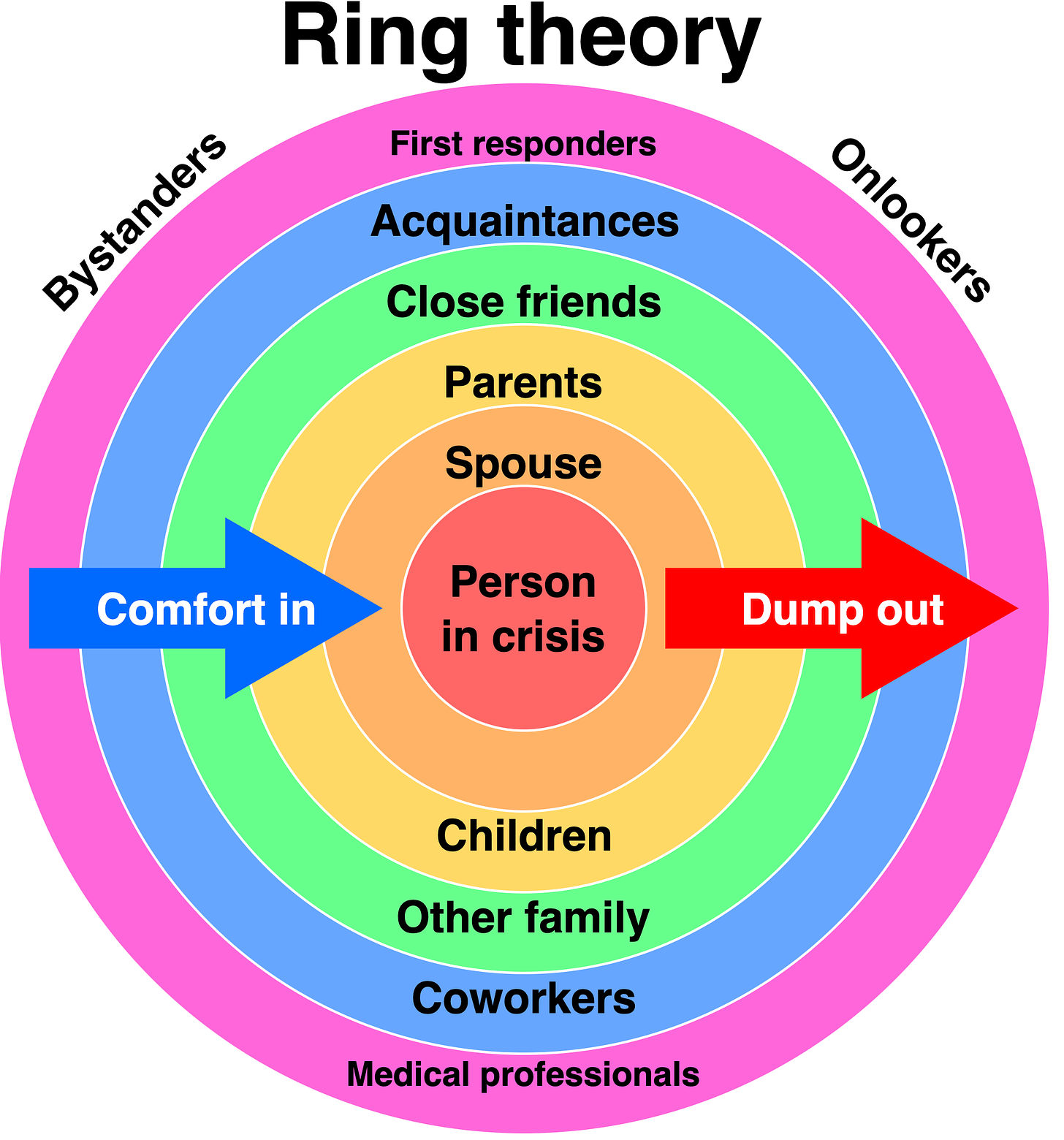
The main point of the model is this: the closer you are to the traumatic event, the less you should be taking on of other’s trauma. Parents like me are experiencing secondary trauma, which is trauma triggered by someone else’s event. Secondary trauma can be very severe. My job is to care for myself and try to be emotionally stable for my kid. I need to lean out of my circle to get comfort – and the friends I lean on need NOT to be other parents of gender-nonconforming kids because we will just re-trigger each other. So, for example, I talked to my therapist yesterday. That helped, but I may book an extra session because, as previously stated, I am not okay.
However, now I’m struggling because the other communities I turn to are most likely to be impacted by this event. I’m in a Facebook group for parents of nonbinary kids. They’re in the same place. It’s good to know I’m not alone, but we can’t effectively release that energy into the space because there’s too much to go around. The energy has to go out, not in. So where is out for me?
The problem is that we are taught to see our problems as personal, not communal. So I could get a massage, get acupuncture, work out, take my meds – and do a bunch of things that will help regulate my nervous system and get my brain back on track. And I will do at least some of those things. But Nex’s death is not a me problem. It’s an us problem. And capitalism and the nuclear family, and a million other ways that we are split up into little nonfunctional groups, make it really hard to find a resting place for the community. I’m also currently unemployed, so I don’t have as much daily social interaction as I’m used to.
So, I guess this has become an ask. If you are a person in community with a family with gender-nonconforming kids, reach out. Check in. Let them vent or cry or shake and hold space for big emotions. And then go to your people to deal with any discomfort or trauma that may have caused you. Check on your people if you are a counselor, a rabbi/priest/minister/imam in a queer-accepting community. If you are a teacher, check in with your gender-nonconforming students. Any community you are in will likely have people impacted by this horror show who feel helpless and alone. Show us we are not.
I did so much of this during COVID, mainly for students and graduate students. I was the safe harbor, the safe adult. I helped students find resources and support. It turns out I’m great at that, but my own resources are sparser than they should be, maybe because I’m used to being the ally, not the (potential) target.
Nex’s death was caused by communities of hate. We, the parents of gender non-conforming kids, need communities of love to help us recover and fight back. Our kids need strong, safe, gentle communities to grow up in. We cannot do this alone.
Donate here to the ACLU’s efforts to fight anti-trans legislation in the US:
